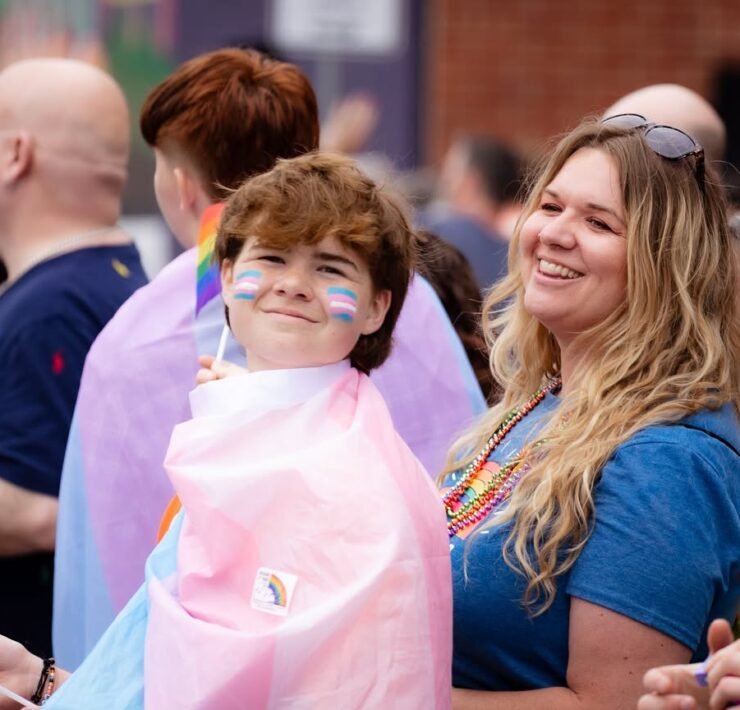All–American psychosis

Scott McGlothlen lives in Denver. He writes about his journey…
Between the hard, flat pillow and the nurse coming into my room with a flashlight every 30 minutes, the idea of sleep seemed impossible. Instead of resting, my mind darted back and forth questioning how I ended up in a psychiatric unit.
Earlier that day I’d collapsed — as if my brain imploded from all the pressure I’d been putting myself under during the last year. I couldn’t stand or speak. I just laid on the floor with an occasional tear running down my face. Terrified, my partner Luke scooped me up and drove me to the hospital.
The depression had been steadily building. Initially I’d thought I was just moody and irritable, but Luke saw my decline better than anyone and begged me to get help. I got on some anti-depressants, determined to figure out the rest of it on my own. It wasn’t enough.
The emergency room social worker decided to admit me to the psych ward. I didn’t know if I was suicidal; I didn’t know much of anything except for the fact that life felt absolutely awful and I couldn’t see a shred of hope in any of it. The staff took my clothes and replaced them with thin, scratchy hospital garb.
The next morning I sat down to a disturbing plate of toast, a banana and a carton of soymilk. I shouldn’t have said anything about being vegan. The guy to my left talked to himself while the woman across from me sobbed uncontrollably. I secretly prayed that neither would try to talk to me. Everyone else just stared absent-mindedly at their food. I probably did the same.
The day unfolded with various self-help groups led by hospital staff. Therapists and patients gathered to list the different ways they can be more mindful and loving to themselves. It all just made me more anxious. As soon as we got phone privileges, I called Luke and begged him to bring me some real food during visiting hours.
Things got better when I sat down with a psychiatrist. He didn’t just ask me a couple questions and throw more pills my way like I had seen so many do in my line of work. Instead, he sat with me for over an hour and listened as I spilled my guts about the stress I’d been under. The psychiatrist responded kindly and it didn’t hurt that he was quite easy on the eyes.
By that evening, I got to know some of the other patients in the psych ward. To my surprise, many were like me — young professionals overextending themselves and suffering from burnout. Some of them hadn’t gotten help soon enough and ended up having full psychotic breakdowns. It made sense. We tend to live in a world where good is often not good enough — the new American way.
I spent another sleepless night now sharing my room with a man who the police found bleeding at a bus station after cutting himself. The next morning I met with the social worker. After consulting with the psychiatrist, they offered to release me if I agreed to go into an intensive outpatient program for people suffering from stress and depression rather than psychosis. I took their offer, even though it meant I would have to take six weeks off work. Luckily FMLA would cover it and my job would be safe.
I was more than eager to leave when Luke picked me up that afternoon. Having spent the last seven years as a mental health case manager, I was terrified I would run into one of my clients. I gathered my things and bid farewell to some of my newfound crazy comrades.
If those 48 hours taught me anything, it was that I had to change my lifestyle — to go beyond taking medications and get back to working on healing myself, like I once had.
What's Your Reaction?
Scott McGlothlen lives in Denver. He writes about his journey as an HIV-positive man.










